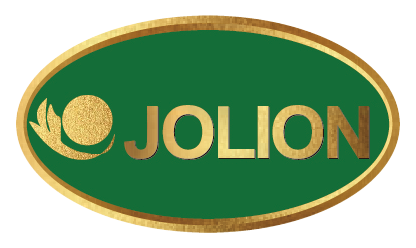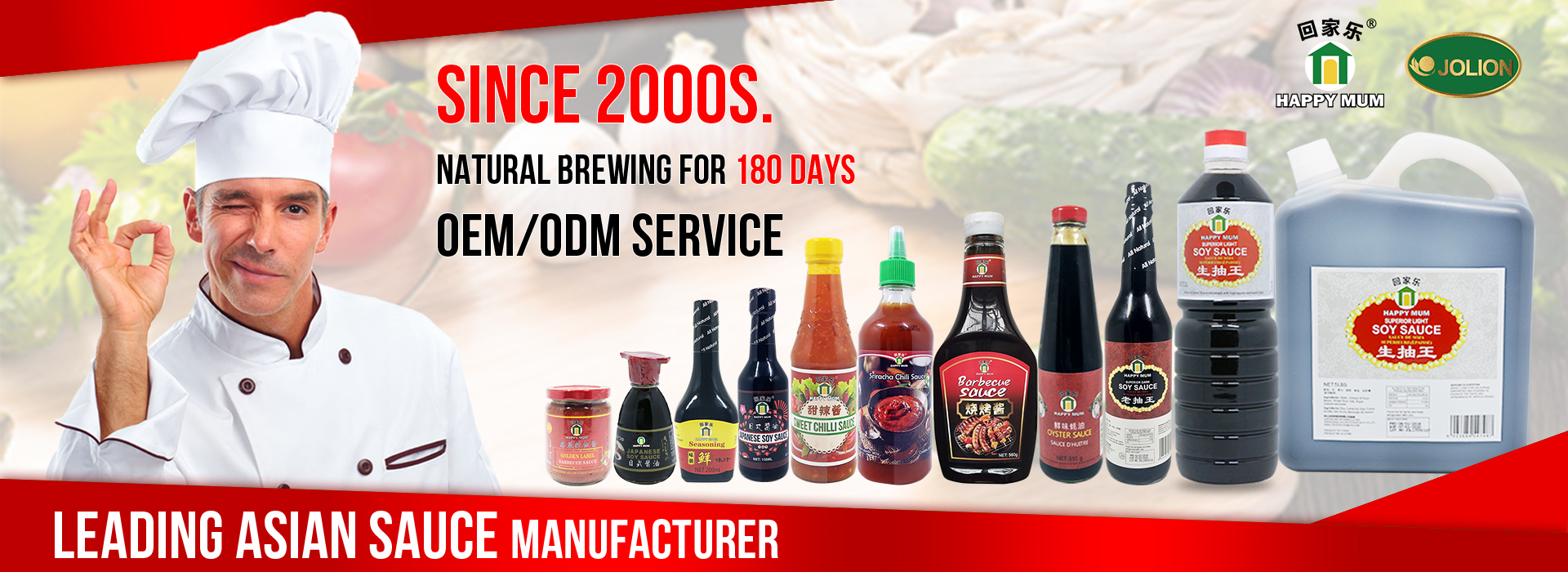
- Can I Put Sesame Oil on My Face?2026-02-04As the search for natural skincare solutions continues, many people are asking, "Can I put sesame oil on my face?" Sesame oil, derived from pure, selected sesame seeds, has been a staple in Asian cuisines for its rich flavor and health benefits.
- Can I Put Sesame Oil in Ramen?2026-02-04As culinary experimentation becomes more popular, many home cooks and chefs wonder, "Can I put sesame oil in ramen?" Sesame oil is a flavorful ingredient known for its rich, nutty taste, making it an excellent addition to many dishes.
- Can Diabetics Eat Sesame Oil?2026-02-04As health-conscious choices become increasingly important, many people wonder, "Can diabetics eat sesame oil?" Sesame oil has been a staple in various culinary traditions, especially in Asian cuisines, known for its rich flavor and numerous health benefits.
Is Soy Sauce Halal or Not? A Comprehensive Guide
Halal and haram are essential in Islam. Halal means permissible in Islam, referring to food, behavior, and practices that align with Islamic law. Haram means forbidden, referring to prohibited items or actions like consuming pork or alcohol.
Soy Sauce is one of the most commonly used condiments in the world. It's used in various dishes to enhance their flavor and aroma. However, there is a growing concern among Muslim consumers about whether soy sauce is halal or not. If you're wondering, "Is soy sauce halal?" this comprehensive guide has got you covered.
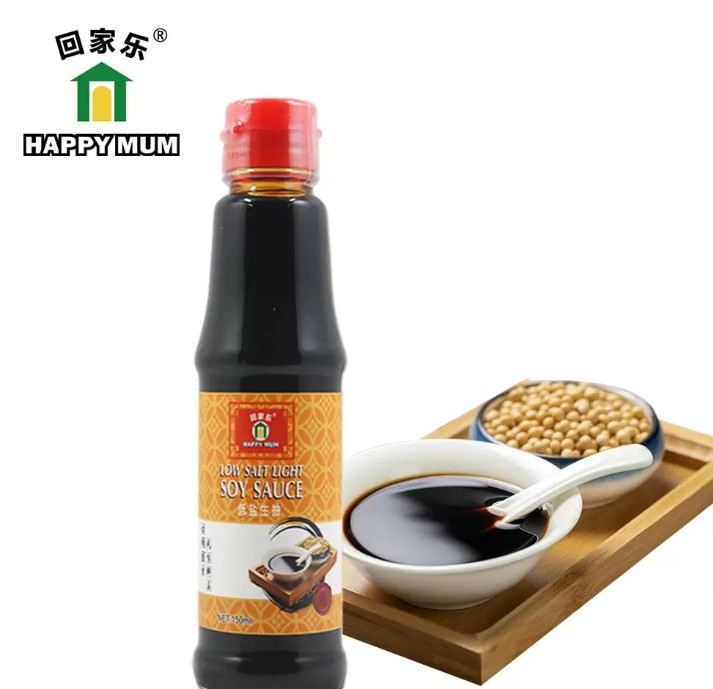
Significance of Knowing “Is Soy Sauce Halal” in the Islamic Faith
The significance of halal in the Islamic faith is that it is believed to promote spiritual and physical well-being. By consuming halal food, Muslims believe they are following the commandments of Allah and fulfilling their religious obligations.
The Criteria for Food to Be Considered Halal
Several criteria must be met for food to be considered halal. First and foremost, the food must not contain any haram (forbidden) ingredients under Islamic law, such as pork, alcohol, or meat from animals that were not slaughtered in a specific way.
In addition, the animals used for halal meat must be healthy and free from disease or defects. The meat must be processed in a halal manner, with all tools and equipment thoroughly cleaned and free from any haram substances.
Halal food is not limited to meat, however. Other foods, such as fruits, vegetables, grains, and dairy products, can also be considered halal as long as they meet the criteria for purity and cleanliness.
The manufacturing process of soy sauce:
Ingredients: Cooked soybeans, roasted wheat, salt, and water are combined.
Koji Culturing: A mold called Aspergillus oryzae is added to the mix to start fermentation.
Fermentation: The mixture ferments in large vats for months, developing deep umami flavors. In this step, alcohol appears during fermentation.
Blended: After the fermentation is completed, the materials need to be fully stirred to ensure that the quality of the soy sauce produced is uniform and reliable.
Sedimentation: Soy sauce flows slowly and steadily through mechanical equipment under the action of gravity.
Pasteurization: The sauce is heated to kill bacteria and enhance flavor.
Bottling: Finally, it's bottled and ready for distribution.
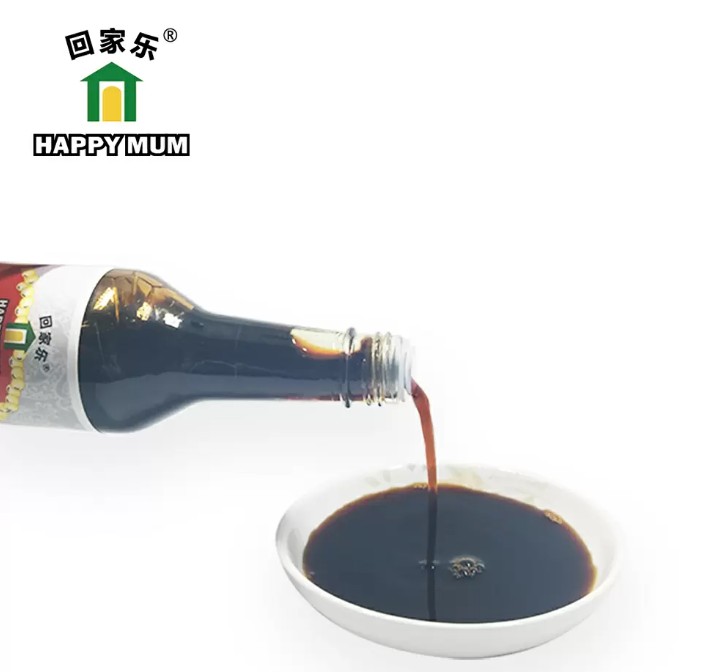
Is Soy Sauce Halal?
The primary concern regarding the Halal status of soy sauce lies in the fermentation process, which may lead to the formation of a small amount of alcohol. Alcohol is regarded as Haram in Islam, and thus, any food or drink containing alcohol would typically be regarded as non-Halal.
However, the amount of alcohol in soy sauce during the fermentation process is generally very low, around 2%. Some people might consider soy sauce as haram. In contrast, numerous Islamic scholars and Halal certification bodies have stated that soy sauce is permissible (Halal) since the alcohol produced during the fermentation process is not intoxicating.
How to Identify Halal Soy Sauce?
If you want to identify halal soy sauce, there are key things to remember. First, it's important to note that some soy sauce manufacturers use alternative methods to produce soy sauce without alcohol, a non-halal ingredient. Some halal certification organizations have already certified these brands of soy sauce as halal. These organizations have reviewed the manufacturing process and determined that the product is permissible for consumption under Islamic law.
To ensure that the soy sauce you are purchasing is halal, here are a few tips:
Start by reading the label and ingredients list carefully. This will help you identify non-halal ingredients, such as alcohol or non-halal meat extracts. By carefully reading the label, you can avoid any confusion or misunderstandings.
Check for halal certification logos on the packaging. Several halal certification organizations provide certification for food products, including soy sauce. By checking for these logos, you can be confident that a trusted organization has certified the soy sauce as halal.
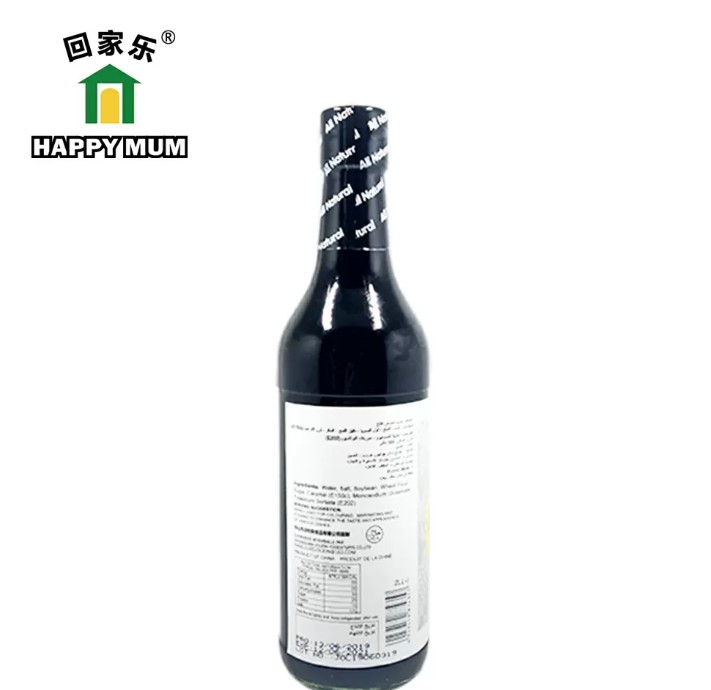
Where to Buy Halal-Certified Soy Sauce?
Now you may know the answer Is Soy Sauce Halal. When buying wholesale halal-certified soy sauce, finding a reliable supplier to provide high-quality products at competitive prices is essential. One such supplier is Jolion Foods. As a trusted condiment supplier, Jolion Foods is committed to offering high-quality products that meet the needs of customers around the world. With state-of-the-art manufacturing processes and a team of experienced professionals, Jolion Foods is the go-to supplier for halal-certified soy sauce. So, shop with Jolion Foods today for the best halal sauces!
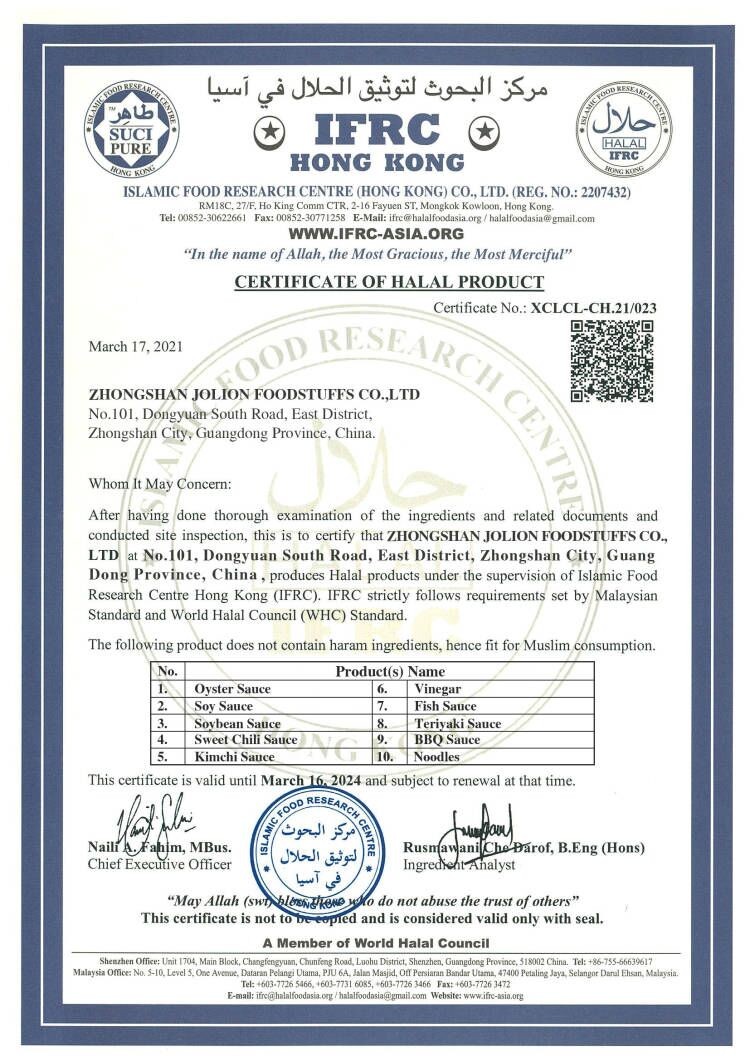
Start Your Seasoning Sauce Business by a Free Quote
GET FREE QUOTES
If you are interested in our services, let's have a try on the first project
